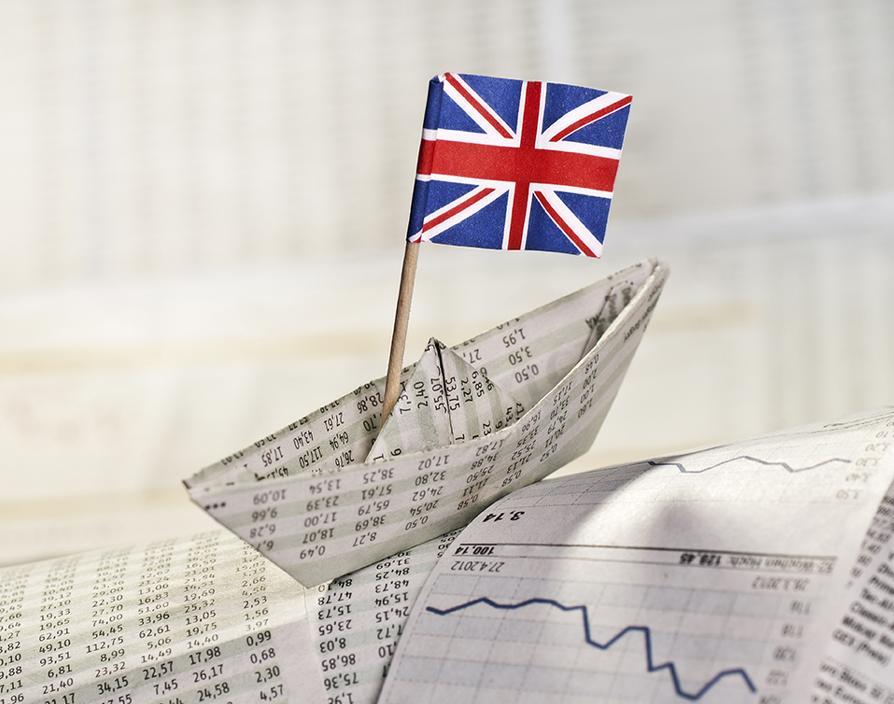The UK economy has fallen by 0.1% for the month of May, according to the latest data from the Office of National Statistics. The main driver for the fall was the extra bank holiday weekend due to the King’s Coronation, the ONS reports. The UK economy has not shown growth in the three months leading up to May this year, according to the ONS. However, the month of April showed a 0.2% GDP increase largely due to car sales rebounding and education partially recovering after previous month’s strikes. GDP measures the value of goods and services produced in the UK. It also estimates the size of and growth in the economy. Economists predict the economy could continue to shrink in the oncoming months.
Deutsche Bank thought the monthly GDP decline would be 0.3%, and some had predicted 0.5%. Monthly GDP is now estimated to be 0.2% above its pre-pandemic levels of February 2020. Despite services flatlining in the three months to May, production grew by 0.4% and construction grew by 0.2%. The ONS also pointed out that despite the extra May Bank Holiday for the King’s coronation, bars and pubs saw a drop in sales compared to the previous month. It also meant sectors like construction and finance lost a working day in the month.
The Federation of Small Businesses has urged the government to step up and lend a helping hand to SMEs who are struggling this summer. Martin McTague, National Chair of the Federation of Small Businesses (FSB), said: “The estimated fall in the headline GDP measure in May is unwelcome, but it is not a surprise. Small firms have been telling us they are facing pressure from all directions, such as interest rate rises, cost inflation and an ongoing late payment culture by big corporates.
In the face of rising living costs and low consumer demand, Mr McTague has urged the government to provide more help to small businesses during these difficult times. He added: “The monthly fall in the food and beverage sector and overall consumer-facing services output is concerning, showing frail consumer demand in the face of mounting prices and negative real wage growth. We urge the Bank of England to tread lightly when considering further interest rates rises. Ever since the Government downscaled its support on energy bills at the end of March, many thousands of small firms have seen their utility costs going back to the market peak level last summer, up by three- or four-fold from when the more generous support was in place.
“Despite the tough headwinds, small businesses are still looking to the summer for recovery and growth. The Government should build on this spirit of determination and give small firms a lift. We look forward to the imminent conclusion of its payment and cashflow review and hope to see an ambitious package of measures to clamp down on late payments and get funds flowing through supply chains.
“Cutting their fixed costs – by looking at business rates, increasing the VAT threshold, and ensuring that small businesses trapped on high energy tariffs can ‘blend and extend’ their contracts – would relieve margin pressure, and encourage small firms to fulfil their true potential as the engine of recovery.”
Share via:








































